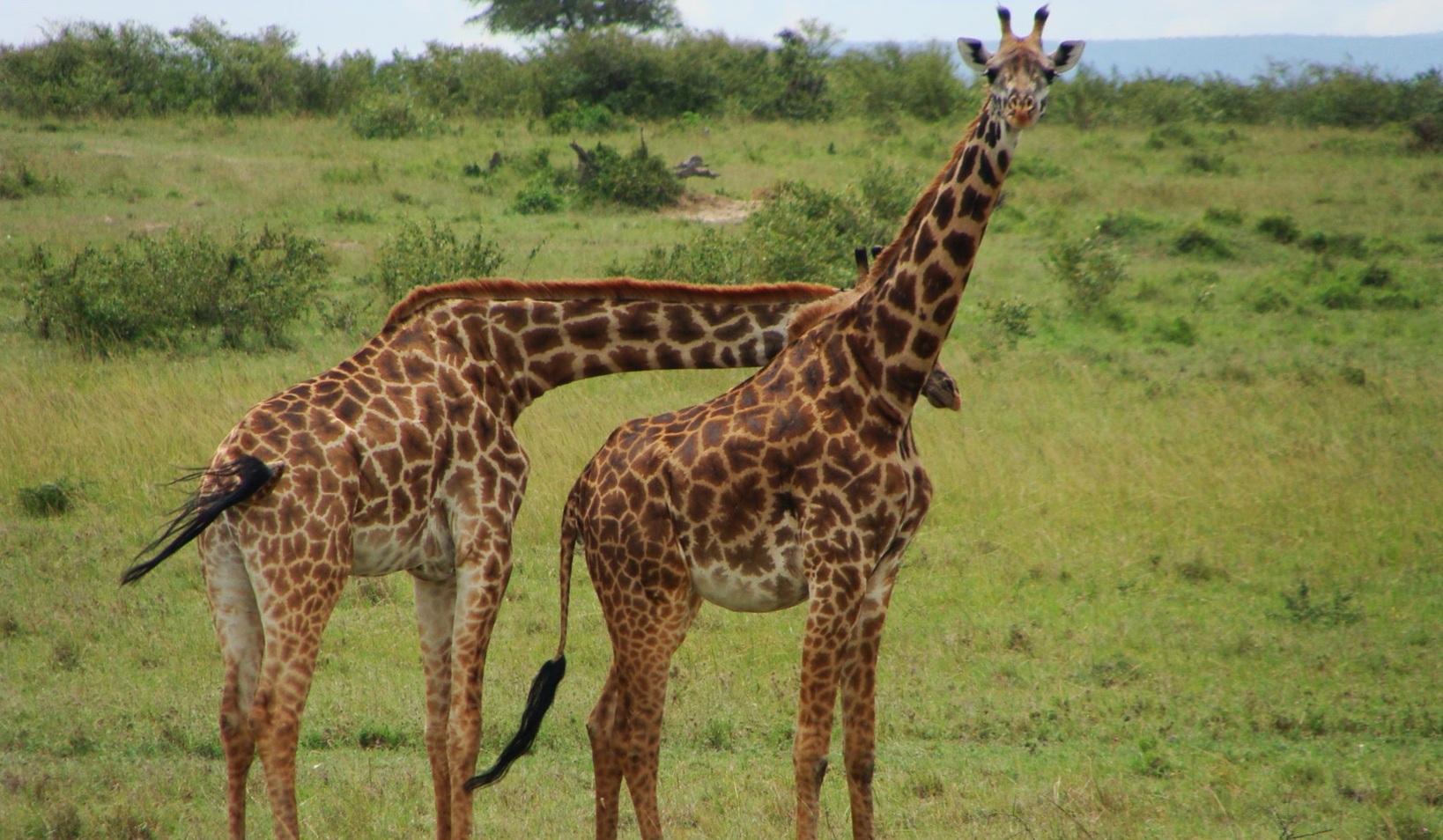Africa-Press – Mozambique. The Mozambican government intends to resize conservation areas to balance biodiversity conservation with community development and has established a technical commission to oversee this process.
Through Resolution 33/2025 of the Council of Ministers, dated 17 October, which Lusa accessed on Tuesday, the Technical Commission for the Resizing of Conservation Areas (CTRAC) was established. This working group will “coordinate and provide technical and institutional support to the Government in the process of resizing the existing conservation areas within the national territory.”
The Government acknowledges in the document the “need to resize conservation areas to establish a balance between the conservation of biological diversity and human development,” granting CTRAC an initial one-year mandate to carry out its work.
This technical commission will have the authority to conduct a technical and legal survey of the current conservation areas, identify overlaps and conflicts with community use, development projects, or zones of public interest, and propose new boundaries and management categories for these areas.
CTRAC should also promote consultation, hearings and dissemination regarding the resizing process and alteration of conservation area boundaries, as well as coordinate and monitor the process, assessing resizing and/or extinction proposals to be submitted for approval by the Council of Ministers.
Mozambique has 14 important ecological regions, some of which are considered globally significant.
The National Network of Conservation Areas covers approximately 26% of Mozambique’s territory and comprises 19 national parks and reserves, 20 official hunting areas (“coutadas”), and a variety of other categories of conservation areas, whose monitoring is ensured by these rangers.
CTRAC will also be responsible for “ensuring compatibility between biodiversity conservation, sustainable development, and the rights of local communities and third parties.” It will be chaired by the Secretary of State for Land and Environment.
The technical commission also includes representatives from the National Administration of Conservation Areas (ANAC); the Ministries of the Interior, National Defence, State Administration and Public Service, Finance, Justice, Constitutional and Religious Affairs, Mineral Resources and Energy, Public Works, Housing and Water Resources, and Education and Culture. In addition, it includes two independent specialists in ecology and spatial planning.
ANAC is recruiting 351 forest rangers for eight protected parks and reserves in Mozambique, including 77 for Maputo National Park, elevated to World Heritage status.
According to the announcement of a competition launched in September by ANAC, the recruitment also involves 102 vacancies for Limpopo National Park, 66 for Niassa Special Reserve, 53 for Mágoè National Park, 20 for Zinave National Park, and 19 for Bazaruto National Park.
The recruitment also included five vacancies for rangers at Chimanimani National Park and nine for Banhine National Park, according to the same announcement.
The United Nations Educational, Scientific and Cultural Organization (UNESCO) inscribed Maputo National Park – which will be reinforced with 20 rangers and 57 inspectors in this recruitment – on its World Heritage list on 13 July this year.
The inscription was adopted during the organisation’s 47th meeting, held in Paris, with UNESCO highlighting that the park “includes terrestrial, coastal and marine ecosystems, and is home to nearly five thousand species.”
For More News And Analysis About Mozambique Follow Africa-Press






